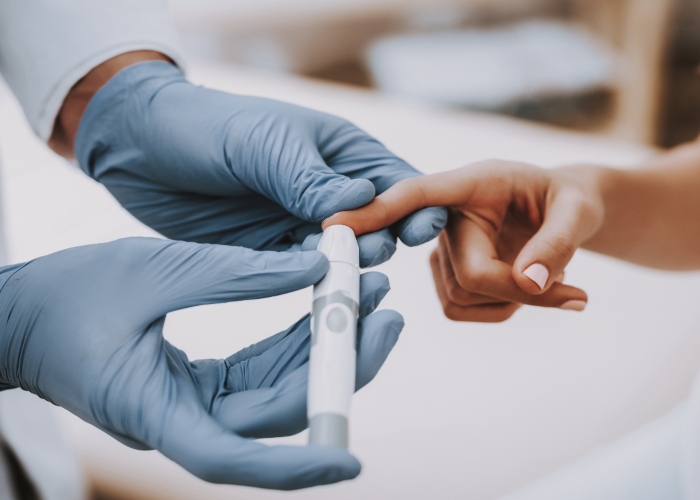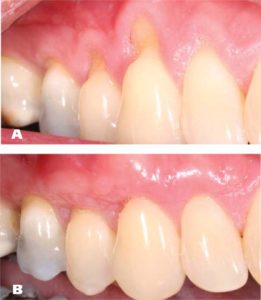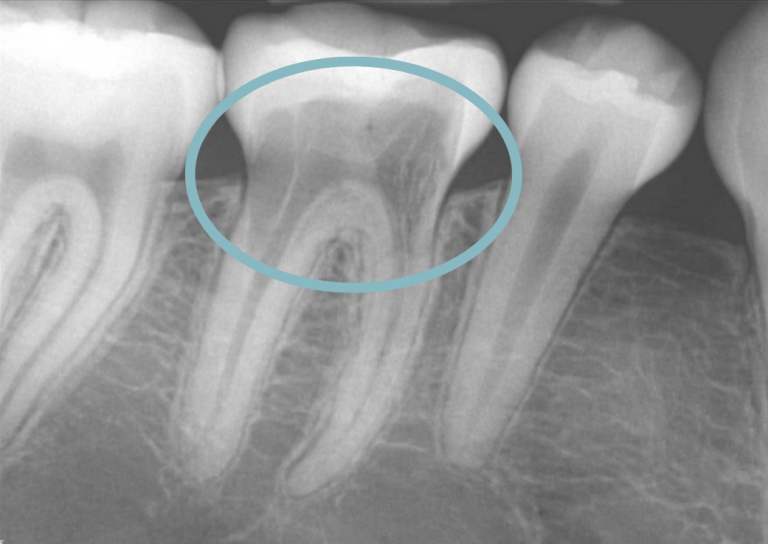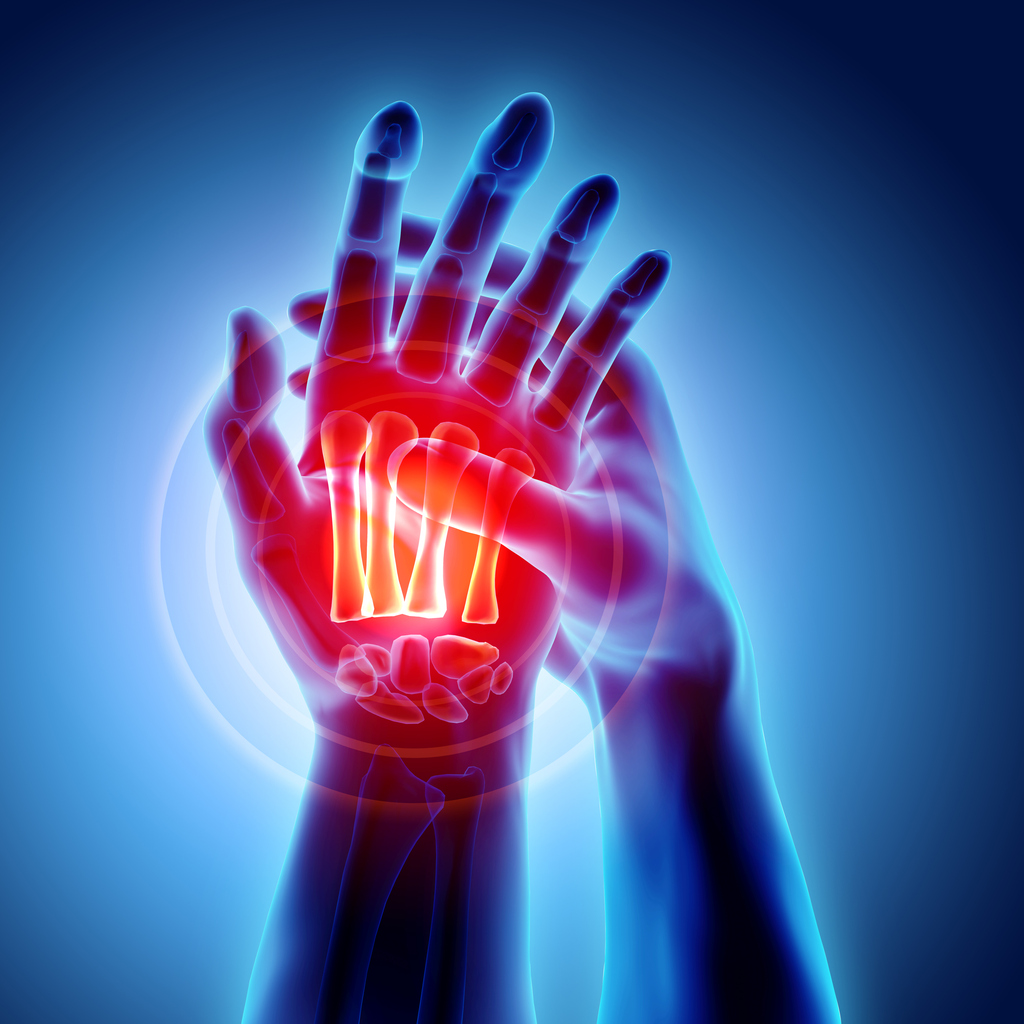Know the Risk Factors for Periodontal Disease
Periodontal disease, ranging from slight to severe, is very prevalent in our society. Nearly 50% of adults in the US over the age of 30 are impacted by periodontal disease. That percentage jumps to 70% in adults 65 and older. So, what are some of the factors that increase our risk for developing periodontal disease … Read more
